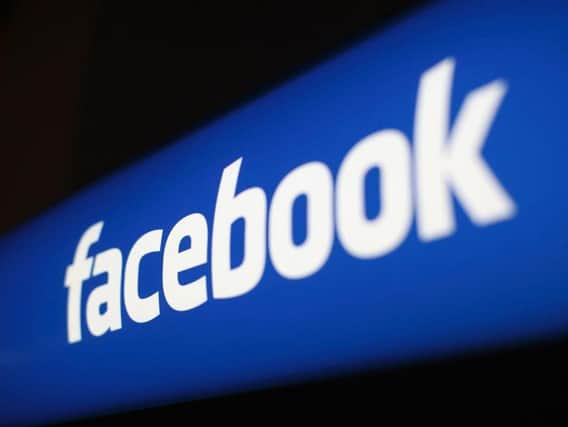Elections explained: Is social media a help or hindrance for politicians?


Across Scotland, the UK and around the globe it has opened up a whole new campaign battleground. It was the driving force behind the so-called Arab Spring which brought authoritarian regimes crashing down and has become a vital tool for politicians and parties in getting their message across. But is it more of a hindrance then help?
The "immediate" nature of social media can be a drawck as well as an advantage.
Advertisement
Hide AdAdvertisement
Hide AdIt often means comments and "GIFs" are posted in the heat of the moment which candidates and activists quickly live to regret. Already in this election we've seen the Labour candidate in Edinburgh South West, Frances Hoole stand down over an unfortunate Twitter image of her SNP rival, Joanna Cherry, being targeted with a bleach spray and the caption “Bang and the Terf is gone”. Terf is a controversial term which stands for “trans-exclusionary radical feminist”.
Comments dating back years can also come back to haunt candidates as opponents go digging up dirt.
Conservative party Ryan Houghton candidate in Aberdeen North was suspended by the party over alleged anti-Semitic, Islamophobic and homophobic comments he made in 2002. He apologised "unreservedly" for the comment but remains a candidate as nominations had already closed.
Such rows have now become a common staple of election campaigns and straddle all parties. So why bother with social media given the potential pitfalls? Well the skilful politicians are capable of using platforms to speak directly to a whole new, generally younger, audience which are largely indifferent about traditional media such as newspapers or even mainstream broadcasters.
Scotland's First Minister Nicola Sturgeon is an avid Twitter user and has more than 1 million followers who she can address on any given issue of the day. She also knows her comments are likely to be picked up the more mainstream news media.
And US President Donald Trump has made social media the bedrock of his communication with ordinary Americans as he bemoans the "fake news" of the traditional.
The 67 million followers he has amassed is testament to his reach. The tycoon has even been accused of "government by tweet" such is his extensive use of the medium to both make formal announcements and attack political opponents. During the current impeachment hearings taking place in congress, Trump has been posting angry rebuttals of testimony against him often as fast as it happens, along with lurid attacks on those giving evidence.
So the potential reach of the medium is massive and its understandable why politicians would want to utilise this.
Advertisement
Hide AdAdvertisement
Hide AdBut some suggest that the Twitter-sphere in politics is an "echo chamber" with a relatively limited cohort of activists and political geeks recycling the same opinions and attack lines. "It's not the real world," goes the criticism.
Party strategists tend to be directing their efforts far more towards Facebook. The site may be free to use, but getting noticed on it can be costly
That's why the level of spending on Facebook is spiralling. It reached £3 million in the last election, with the Tories out-spending their rivals by almost tow to one. That figure is likely to be topped this time around.
The key advantage is the platform is that its sophisticated algorithms allow parties to "target" their key audience.
So the Tories have run ads focused on encouraging people to sign up for a postal vote rather than recruiting new voters. The ads reached roughly 170,000 people at a cost of around £700.
Labour's voter registration adverts for young people, compared with those targeting older voters, have a much stronger political message suggesting that the Conservatives would rather young people didn't vote.
In broad terms the Conservatives’ Facebook push veered towards attacking Jeremy Corbyn, his Brext stance and and political rivals. Labour’s has tended to be more visionary, focusing on its flagships pledges such as free broadband, a real living wage, protecting the NHS and the ‘Green Industrial Revolution’
It's why Facebook is now seen as the weapon of choice for campaigners and could prove the key difference in marginal seats.
For all the pitfalls, it seems social media is now firmly ensconsed at the heart of political campaigning.